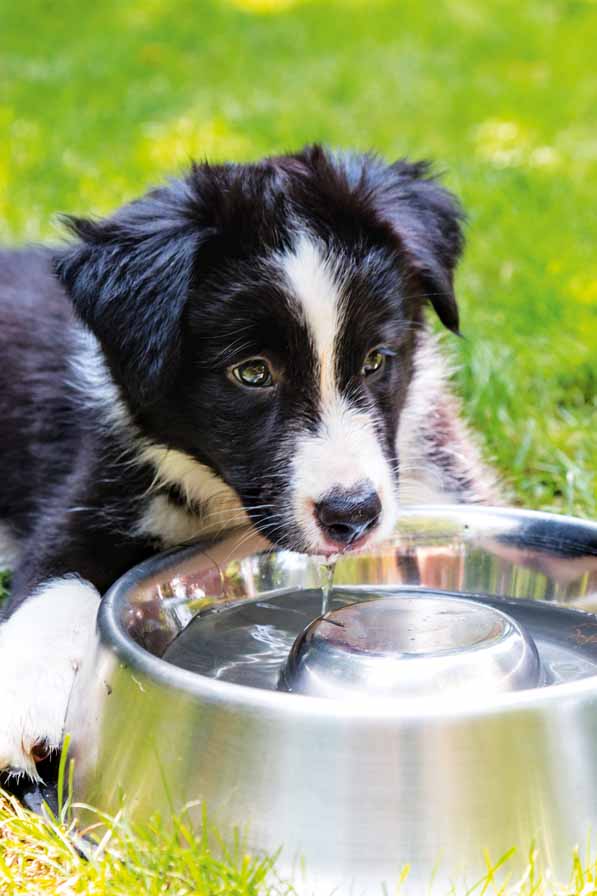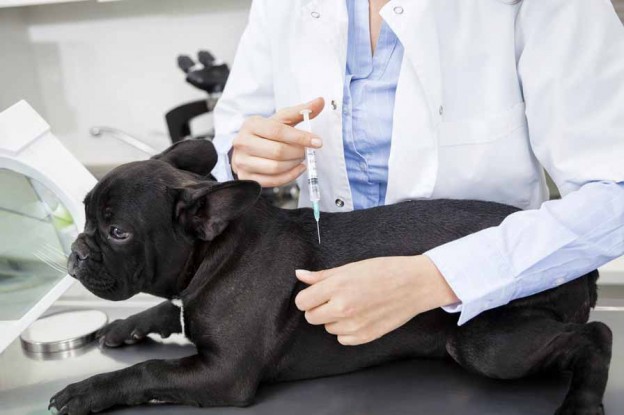
Is your four-legged friend pulling up lame or yelping when you touch a certain spot? Learn the signs and symptoms of muscle injures and how they are treated. By Melanie Hearse.
Considering they can occur after running, jumping or during rough play, it’s probably not surprising to learn muscle strains and sprains are not uncommon in dogs — especially for bigger breeds, those with arthritis, and overweight, highly active or agility dogs. Sprains, strains and tears are referred to as soft tissue injuries and can cause varying degrees of pain and distress — many requiring little more than rest, ice and anti-inflammatories.
However, there can also be more serious causes of muscular injuries. The trick to keeping recovery as short, simple and effective as possible is often in spotting the problem quickly and getting them the rest they need — and if you suspect it’s more serious, getting them to the vet straight away for a diagnosis and treatment plan. So what are the common muscle injuries, how do you spot them and what’s the best treatment?
Know your enemy
A sprain occurs when a ligament in or around a joint tears or stretches suddenly. There may be significant pain and swelling, and some animals experience temporary lameness. Symptoms of strains are very similar to those associated with sprains, though a strain occurs when a tendon is stretched or ruptured following a sudden twisting.
Signs and symptoms
While muscle injuries can be simple to diagnose and treat if you see them happen, it’s not always the case. Muscle injuries can easily go undiagnosed, says veterinarian Dr James Crowley, as dogs can’t tell us where something hurts, and even if we notice they are ‘off’ or avoiding using a specific area of their body, a muscle injury won’t show up on a simple x-ray. “If, for example, you notice your dog is pulling up lame, staying off a particular leg or yelps or shows signs of tenderness in a certain spot, then you would know something was wrong and take them to see your vet. A simple exam would show us there was a problem and where it is — for example, even a stoic dog is likely to lick their lips when we hit the affected spot, but an x-ray would simply reveal if it is or isn’t a bone break or joint problem, making it more of a diagnosis by elimination.”
Seeking help
As the signs and symptoms may vary there can be no hard and fast rule as to when to seek help. As a rule of thumb, if your dog is clearly in pain then seeking assistance to alleviate the pain should be a priority. Dr Karen says if the issue appears to be minor and persists for more than 48 hours without improvement or becomes worse, then owners should seek veterinary attention for their pet.
Want to learn more on the treatment and prevention of muscle injuries in your pooch? This story was originally published in the March/April 2016 issue of Dogs Life. For more information on muscle injuries and your dog, order your copy online at universalshop.com.au.







